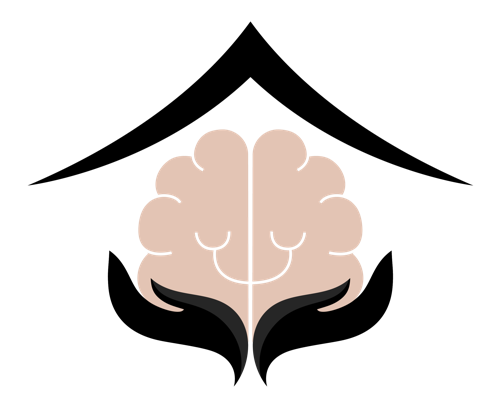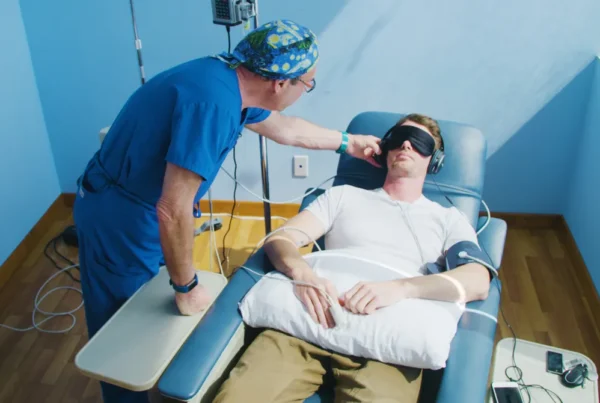Depression is one of the most prevalent mental disorders that exists and equalizes people regardless of age. It could complicate the simplest tasks, and everyday pleasures could become wasted. However, many traditional treatments like therapy and medications against depression help many people to recover. But for some of the patients who still struggle to find a remedy.
In more recent history, Ketamine Treatment for Depression has been developed as another option for patients. It leaves many with an experience of excitement and careful wary of their routine medical practitioners.
What is Ketamine Treatment for Depression ?
Ketamine, developed as an anesthetic, attracted interest because of its efficacy in treating depression. Unlike standard antidepressants, which affect neurotransmitters like serotonin and norepinephrine, ketamine acts on the brain’s glutamate system. It is sent to the body via nasal spray, and the effects of the drug are mostly seen within hours or days.
Promising Rapid Relief
A very interesting characteristic of Ketamine Treatment for Depression is how fast the therapeutic effect comes. From the standpoint of standard antidepressants, which might give out the best outcome just within weeks, ketamine can bring about remarkable improvements in mood much sooner than expected. Unlike other alternatives, this rapid relief is most helpful to severely depressed or suicidal patients, lifting moments of hopelessness in critical moments.
Understanding the Mechanisms of Action
The working mechanisms of Ketamine Treatment for Depression are still not completely understood. It is only recently that scientists have been attempting to single out how ketamine acts as an antidepressant. Yet, research shows that long-term consequences of low-dose exposure could be facilitating the development of new synapses in the brain and attenuating, which hurts patients. Through ketamine’s ability to regulate the glutamate level, the line may contribute to mood regulation via a new healing approach.
Is Ketamine treatment a viable Option?
The Evidence of Effectiveness:
The efficacy of Ketamine Treatment for Depression has been confirmed in a large number of experimental studies, and its positive results in such issues are particularly high if the traditional antidepressants have been unsuccessful earlier on. Its very rapid-acting nature eases symptoms and helps prevent suicidal thoughts in those who may be severely depressed.
Considerations and Cautions:
While recent applications of ketamine treatment are promising, it should never be used casually or without careful consideration. We can’t be sure everyone will respond to ketamine, and researchers are still uncovering the mechanism of its long-term effects. This is done to help ensure safety and detect side effects early.
Individualized Approach:
Employing such people with chronic depression can interfere with their minds, and they do need special care. Before starting health care, a healthcare advisor should be consulted to get approval from the rest of the population. When considering ketamine treatment for depression, healthcare providers should note the pathology of every patient. Additionally, their medication usage and any other treatment preferences as well.
Integration with Other Therapies
Doctors sometimes combine ketamine therapy with treatment, which includes counseling, lifestyle revisions, and other medications. Incorporating ketamine into a combination of different therapies will enhance its effectiveness. Hence, it will offer persons with depression comprehensive support. Individuals must talk to their healthcare provider about their treatment plan for managing depression. This will make them realize what role the Ketamine Treatment for Depression plays in their overall recovery.
Cost and Accessibility
Cost and accessibility are two things in people’s minds when it comes to deciding whether to seek ketamine treatment. Although ketamine therapy is viable, it may also be costly. For this reason, in some cases, the insurance may not cover its cost. Moreover, patients receiving ketamine treatment have to be in their area, which dictates the proximity to clinic/health care provider and the person’s skill level. Anyone seeking ketamine treatment for a sustainable hell against depression needs to carry out their informative research on the costs, options, and constraints of the treatment, as well as ask a specialist doctor and therapist.
Long-Term Outcomes
Although Ketamine treatment for depression has realized outstanding results in the short run, it is also paramount to explore the long-term effects on people’s mental health in subsequent studies. Humanizing the long-term ketamine applications confronts certain problems that can be solved by looking at the backgrounds of the people already going through this treatment.
Impact on Daily Life
Potential candidates must assess ketamine treatment’s impact on daily life, such as work, relationships, and health. By demonstrating how Ketamine Treatment for Depression has helped clients invigorate their social interactions, engage in the activities they enjoy, and pursue their goals, practitioners can suggest the possible role of the treatment in real life.
Conclusion
Ketamine therapy shows a bright side as a practical way of curbing depression. That replaces traditional treatments for people who are not successful with this form of therapy. Its surprising effectiveness with resistant patients makes it an enticing solution, providing an incentive to consider trying it. Researchers currently lack sufficient data to fully understand the long-term results and the role of Ketamine Treatment for Depression. Further research is necessary. Given that our knowledge keeps on developing, ketamine can one day become very efficient in depressive disorder treatment.



